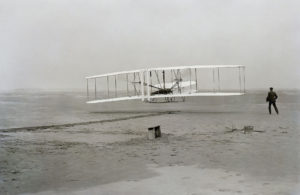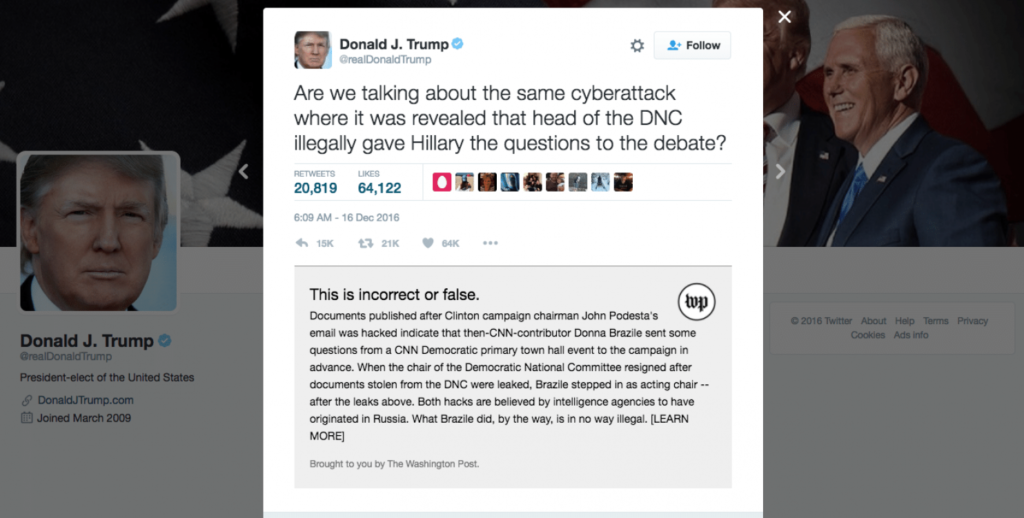

There’s a wide difference between believing that we’ve difficult national or local times ahead and losing confidence. I’m as confident today as ever that Whitewater has a bright long-term future. There’s simply hard work ahead between now and then, and more hard work now than we might have hoped (national trends being what they are).
What to do? A few simple suggestions, all around the view that Whitewater can pursue an oasis strategy in which she departs from the routine and emphasizes creatively, with liveliness, the genuinely unique, apolitical accomplishments in the wider area.
Unlike a mirage, an oasis is a real place of real respite. An oasis is noticeable and desirable among its wider surroundings; it’s noticeable and desirable for what it genuinely offers. The mirage presents illusory beauty at a distance but offers nothing up close; an oasis is beautiful at a distance but even more desirable upon arrival.
1. Look away from local government. Common Council isn’t the Roman Senate (and then, the Roman Senate wasn’t what one often hears it was; there were very few truly noble Romans, to be clear about it). Forget the notion that local government sits at the peak of the city. There is no peak; there are thousands of equally valuable spots.
2. Recognize the masking effect of commonplace background noise. Outside Whitewater are Fort Atkinson, Palmyra, Milton, Jefferson, etc. Saying the same things that other towns say in their schools, and at their local council meetings, only gets lost amid the background noise of daily life. Trying to leverage often momentary gains in particular metrics won’t catch anyone’s notice; leveraging selective parts of reports either goes similarly unnoticed, or – far worse – only alienates people already disillusioned with cherrypicking.
Behind tiresome, mundane presentations of school report cards, for example, are stories of genuine, specific accomplishment – what a student wrote, built, said, or discovered. That’s impressive, and compelling. Tell those stores with lively, graceful prose and add video to one’s accounts – short videos will add life to these stories.
3. Emphasize the uniquely creative and charming. We’ve nice restaurants, a charming City Market, an annual race to Discover Whitewater, a Community Foundation, and countless charitable work in the city. More good work is done there than in any conventional political meeting.
The City Market, for example, is charming, but that charm has no particular politics: a style, and a fine selection, are without partisanship. There’s a playful style to the market, but the sensibility that produced that style transcends politics. It’s not enjoyable for one group or demographic – it’s accessible equally to all. When one thinks about something like Discover Whitewater, one wouldn’t think about the politics of the runners – they’re here to have a good time, and the city is here to welcome them.
4. Whitewater’s not one community, nor need it ever be. This city’s not of one culture or one identity; we’re not a homogeneous place. We’re a diverse and multicultural community. Revanchism on behalf of some won’t make the city great for any. On the contrary, that path will prolong present difficulties, and delay significantly (although not prevent) this city’s more prosperous future.
In even the most difficult times, of economic and political trouble, Americans have still produced great works, committed to charitable undertakings, and carried on admirably (all the while addressing national issues separately). This city can do the same, as well as others before us did in their challenging times.





